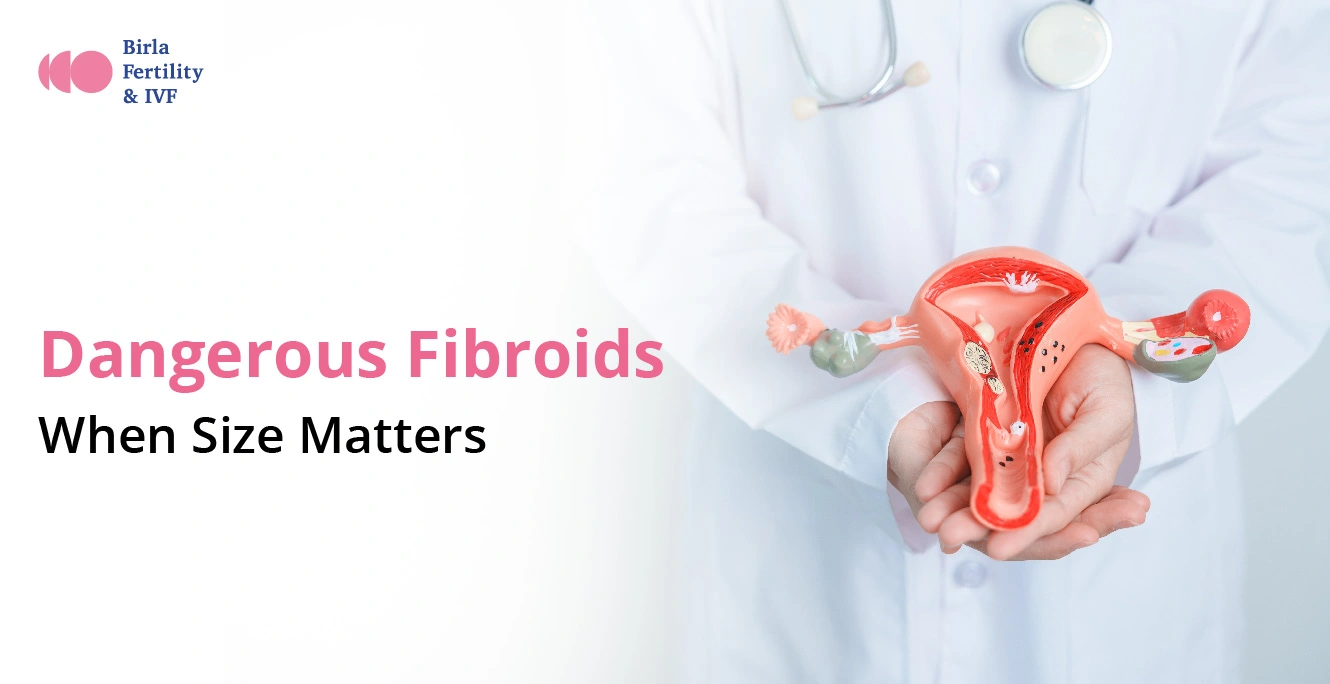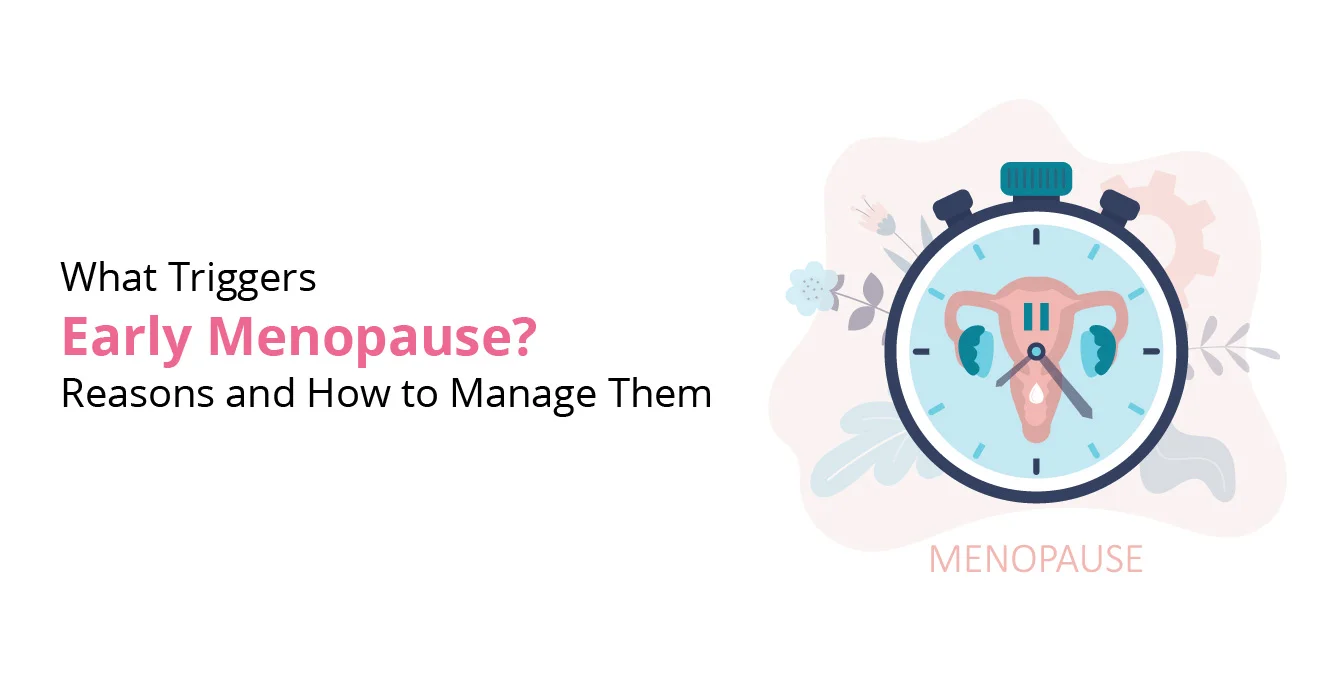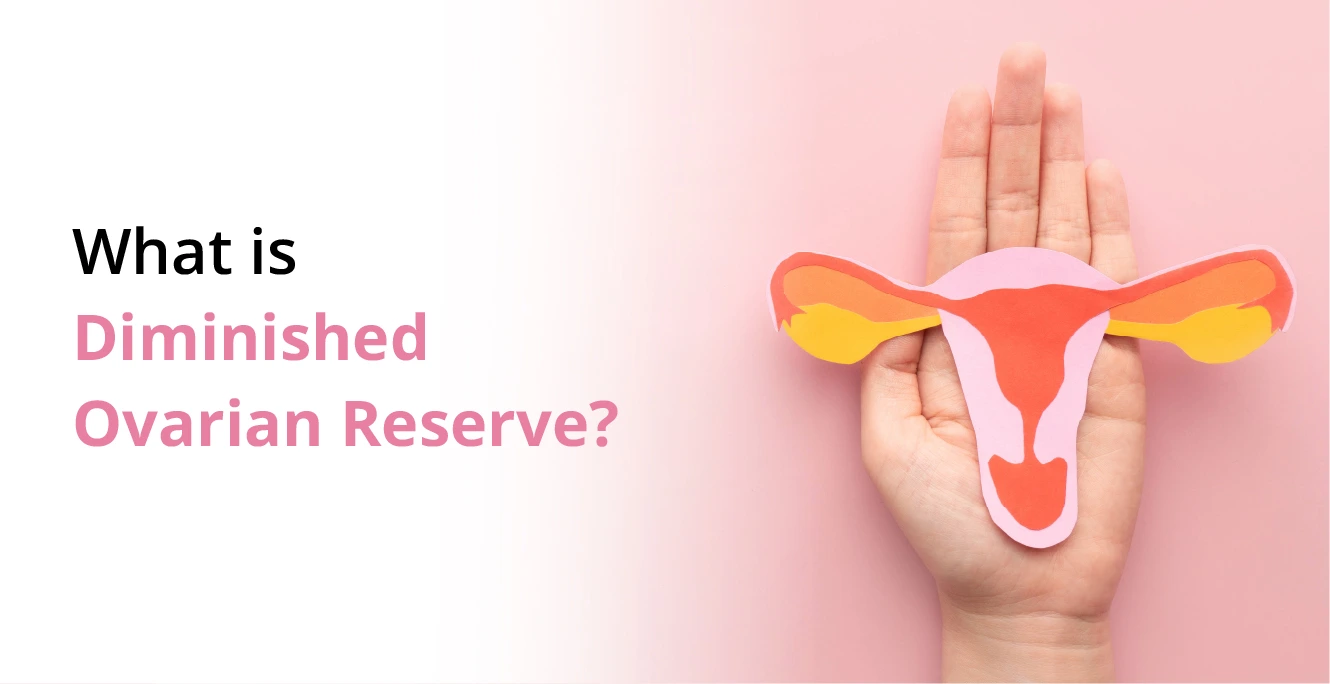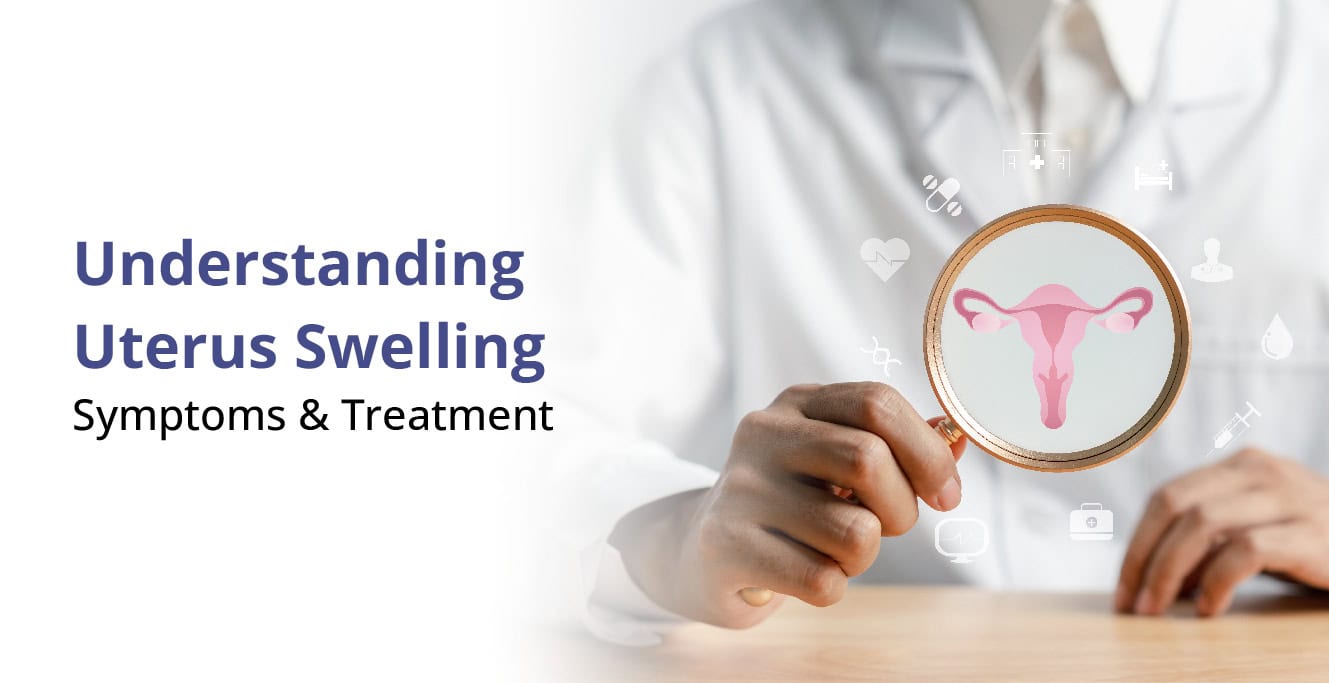
Is Ovary Size Important to Get Pregnant

Table of Contents
Key Takeaways:
-
Ovary size and pregnancy: Ovary size can impact fertility because it reflects the number of eggs available (ovarian reserve). Smaller ovaries may indicate a lower reserve, making pregnancy more challenging.
-
Normal ovary size: Healthy adult ovaries are typically 3.5 x 2.5 x 1.5 cm (3-6 ml volume) and fluctuate slightly throughout the menstrual cycle. Ovaries decrease in size after menopause.
-
Factors affecting ovary size: Age, medical conditions (PCOS, tumours), hormonal imbalances, and fertility treatments can all influence ovary size.
-
Supporting ovarian health: Maintain a healthy weight, manage stress, avoid smoking and alcohol, and consider yoga poses like Butterfly Pose (Baddha Konasana) to promote blood flow and hormonal balance.
When you’re trying to conceive, you might find yourself questioning every aspect of your reproductive health. One question that often arises is whether the size of your ovaries matters when it comes to getting pregnant. The short answer is yes, ovary size can indeed play a role in your fertility. But don’t worry, we’re here to help you understand why.
Let’s take a closer look at what you need to know. In this article, we’ll explore the connection between ovary size and pregnancy, discussing what’s considered the normal ovary size, how ovary size is assessed, and what you can do to support your ovarian health.
What is the Size of Ovaries Normally?
Average Dimensions and Volume of Ovaries
Let’s start with the basics. In a healthy adult woman, the average ovary size is typically around 3.5 x 2.5 x 1.5 cm, with a volume of 3-6 ml. Each ovary typically measures between 30-50 mm in length (3-5 cm), 20-30 mm in width (2-3 cm), and 10-20 mm in depth (1-2 cm). However, you should know that ovary size can fluctuate throughout the menstrual cycle. During ovulation, the dominant follicle can grow up to 22-24 mm in diameter, causing a temporary increase in ovarian size. During pregnancy, the minimum ovary size required for an oocyte is generally between 18-20 mm, with optimal sizes being around 22-24 mm.
This table shows you the normal size of the left ovary vs. right ovary, as well as the ovary size during pregnancy.
|
Ovary |
Length (cm) |
Width (cm) |
Depth (cm) |
Size in mm for Pregnancy |
|---|---|---|---|---|
|
Left Ovary |
3.0 – 5.0 | 2.0 – 3.0 | 1.0 – 2.0 |
10 – 30 mm |
|
Right Ovary |
3.0 – 5.0 | 2.0 – 3.0 | 1.0 – 2.0 |
10 – 30 mm |
Changes in Ovary Size with Age
Ovary size is not constant throughout a woman’s life. Here’s a quick overview of how it changes as you age:
|
Age Range |
Ovary Size |
|---|---|
|
Newborn |
Approximately 1 cm in diameter |
|
Puberty |
Increases in size because of hormonal changes |
|
Adulthood |
Reaches maximum size, averaging 3.5 x 2 x 1 cm |
|
Menopause |
Decreases to less than 20 mm in diameter |
Why does Ovary Size Matter for Pregnancy?
Your ovaries play a crucial role in fertility by producing and releasing eggs (oocytes) and hormones like oestrogen and progesterone. The size of your ovaries can provide clues about your overall reproductive health and potential.
Here are a few key reasons why ovary size is important when trying to conceive:
-
Ovarian reserve: Ovary size is often linked to the number of potential eggs available. Smaller ovaries may indicate a lower ovarian reserve, which can make it more difficult to get pregnant.
-
Hormonal balance: Ovaries that are significantly larger or smaller than normal may suggest hormonal imbalances that can impact fertility, such as Polycystic Ovary Syndrome (PCOS).
-
Ovulation: For successful conception to occur, your ovaries need to release a mature egg during ovulation. An abnormal ovary size may affect this process.
Factors That Affect Ovarian Size
While some variation in ovary size is normal, certain factors can cause your ovaries to be larger or smaller than expected. These include:
- Age: Ovarian size naturally decreases with age, which is associated with a reduction in ovarian reserve and fertility potential.
- Pathological conditions: Benign tumours can increase ovarian size but may not directly affect fertility unless they cause ovulation disorders. Premature ovarian failure involves ovaries stopping their function before age 40 years, resulting in smaller ovaries and reduced fertility.
Ovary Size and Egg Count: The PCOS Exception
Larger ovaries often suggest a higher number of antral follicles, meaning more potential eggs for fertilisation. This can increase fertility as more eggs are available for ovulation. However, in the case of PCOS, larger ovaries contain many follicles, but ovulation may not occur regularly or at all. This leads to irregular menstrual cycles and reduced chances of natural conception, despite the high follicle count. So, while larger ovaries might indicate more eggs, conditions like PCOS can negatively impact fertility.
- Infertility treatments: Hormonal stimulation during infertility treatments can temporarily increase ovarian size to promote egg production and release.
- Hormonal imbalances: Conditions like hypothyroidism or high prolactin levels may increase ovary size
- Pregnancy: Ovaries can become enlarged during pregnancy because of an increase in the production of hormones like oestrogen and progesterone.
- Tumours: Ovarian tumours, both benign and malignant, can cause an increase in ovary size.
Assessment of Ovarian Size and Function
When evaluating your fertility, your doctor may use various methods to assess the size and health of your ovaries. Two common techniques include:
-
Ultrasound scans: Transvaginal ultrasounds can measure ovary size and help count the number of visible follicles, providing insights into your ovarian reserve.
-
Blood tests: Hormonal tests, such as those measuring follicle-stimulating hormone (FSH) and anti-Müllerian hormone (AMH), can help evaluate ovarian function and egg supply.
These assessments, in cohort with other factors like age and overall health, can give your fertility specialist a clearer picture of your reproductive potential.
Supporting Ovarian Health
Although you can’t control some factors that affect ovarian size, you can support your reproductive health through certain lifestyle choices:
-
Maintain a healthy body weight through a balanced diet and regular exercise, including activities like yoga.
Flutter Your Way to Healthier Ovaries!
The Butterfly Pose (Baddha Konasana) is an excellent yoga pose to support ovarian health. It improves blood circulation to the pelvic region, stimulates the ovaries, and helps regulate hormone production. Regularly practicing this yoga pose can support reproductive health, reduce menstrual discomfort, and improve fertility by balancing the reproductive system.
-
Manage stress levels by engaging in stress-reducing activities.
-
Avoid harmful habits like alcohol consumption and smoking, which can cause fertility problems.
Through these healthy lifestyle habits, you can create a more conducive environment for conception and pregnancy.
Word from An Expert
While ovary size is an important consideration in fertility, it’s crucial to look at the bigger picture. A thorough evaluation of ovarian reserve, hormone levels, and overall reproductive health is essential for assessing a woman’s fertility potential. With the right knowledge and support, many women with variations in ovary size can still achieve a healthy pregnancy.~ Lipsa Mishra
Our Fertility Specialists
Related Blogs
To know more
Birla Fertility & IVF aims at transforming the future of fertility globally, through outstanding clinical outcomes, research, innovation and compassionate care.
Had an IVF Failure?
Talk to our fertility experts

 Our Centers
Our Centers












